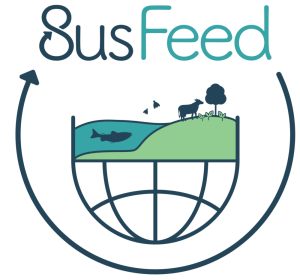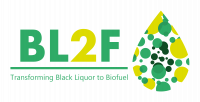BlueRev project
This project ends on: 31/08/2025
Revitalisation of European local communities with innovative businessmodels and social innovation in the blue bio-based sector
The aim of the EU-funded BlueRev project is to encourage innovation in local communities by focusing on “blue” sustainability and creating positive environmental impacts.
To that end, it will establish three pilot regions in Europe, where it will focus on introducing meaningful changes across specific value chains in the blue bio-based sector.
The project will employ existing or advanced monitoring systems to assess the effectiveness of the value chains and come up with ways to improve governance frameworks and business models in the blue bio-based sector.
Engaging all relevant actors via awareness-raising communication campaigns, BlueRev will promote socially and environmentally responsible behaviour, facilitating the transition of local communities towards sustainable blue economy models that can be adopted across Europe.
Contacts:
Alessio Livio Spera: spera@apre.it
Claudia Iasillo: iasillo@apre.it
website: https://www.bluerevproject.eu/












